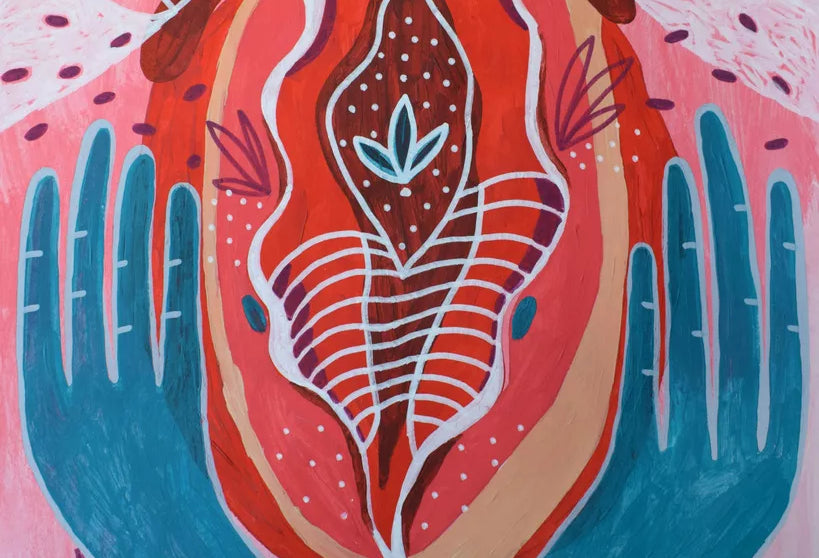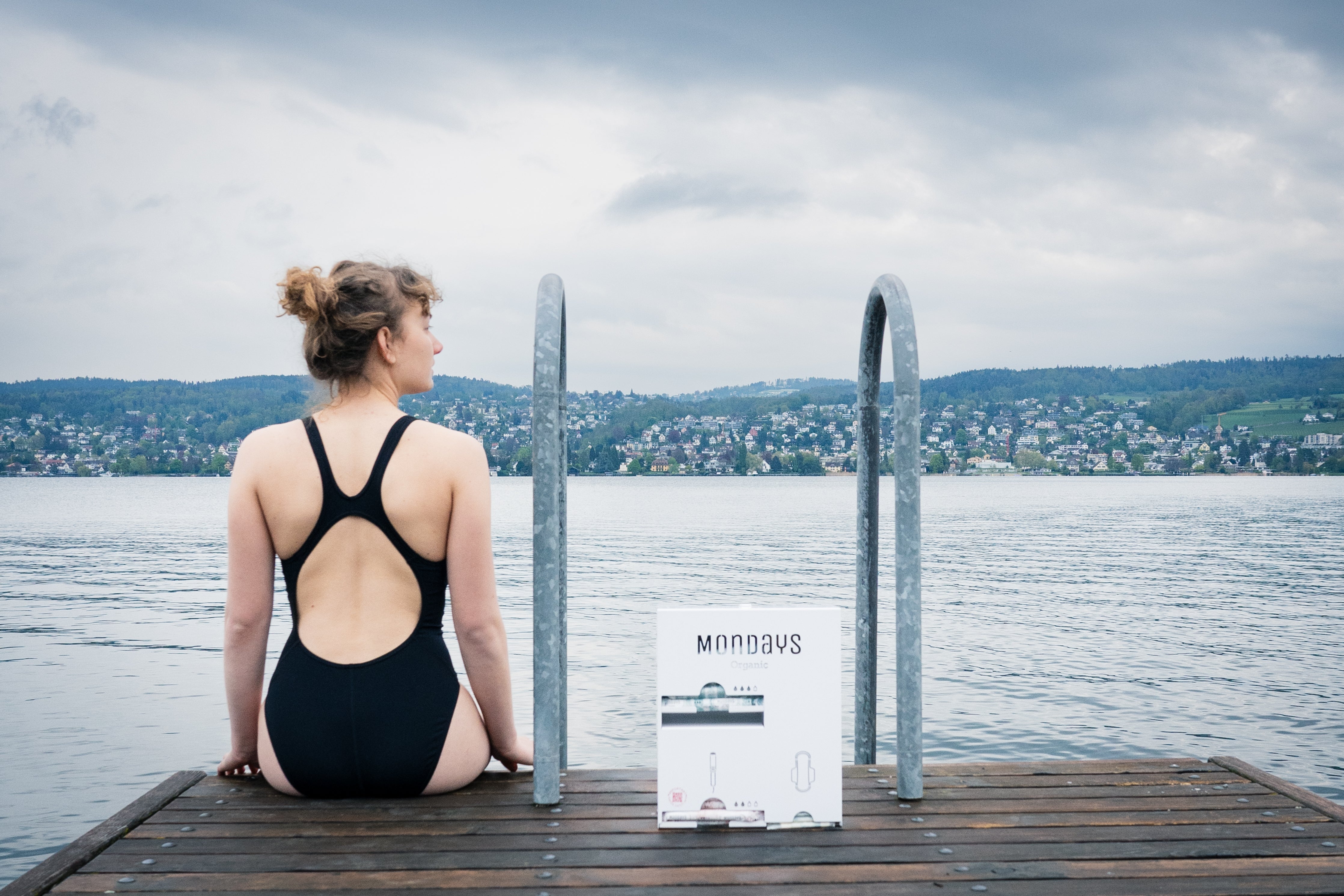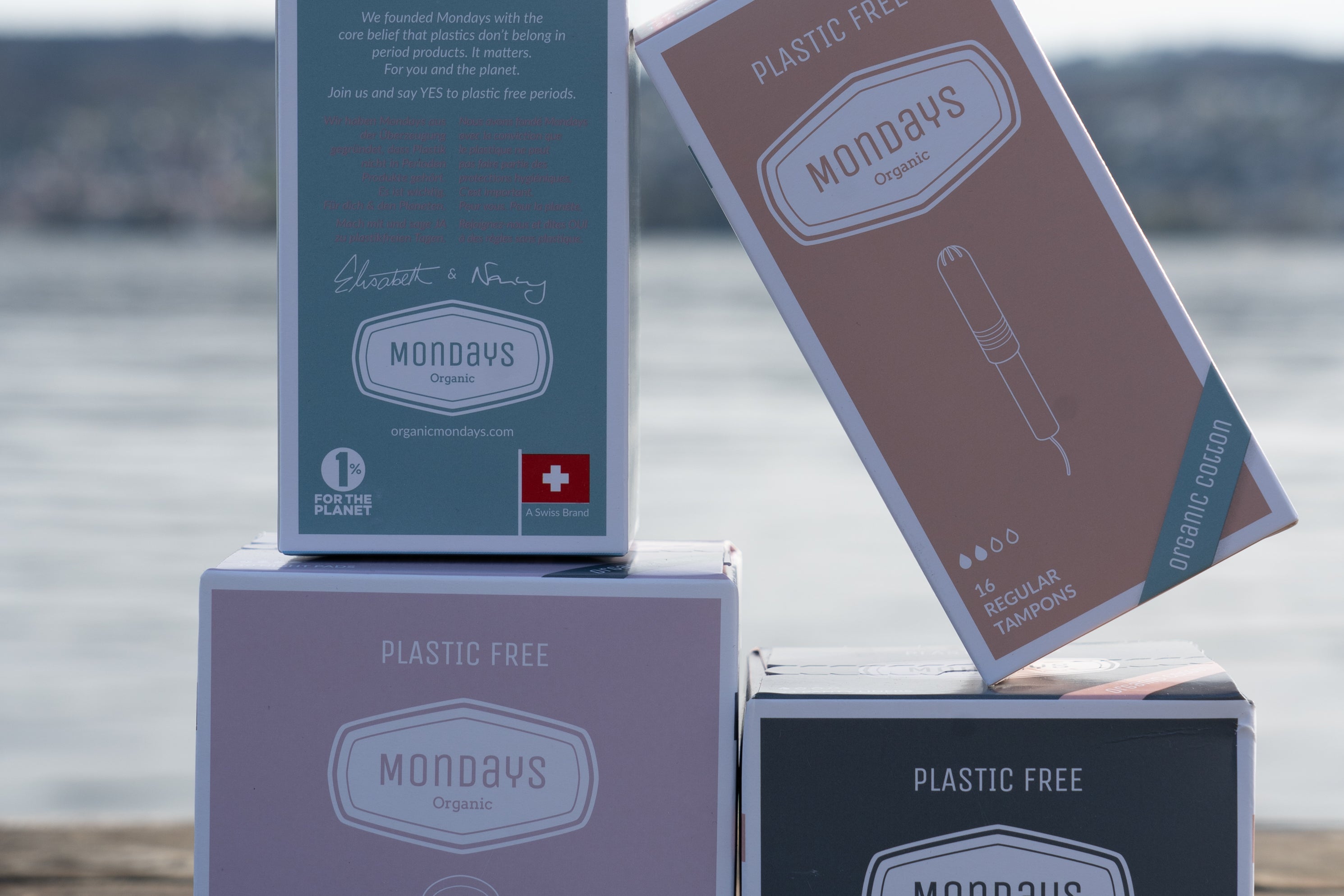
We often talk about ‘vaginas’ but evidence shows we know far too little about them. The most common terms used for the entire female’s sexual organ is vagina or pussy. What many of us (men and women alike) are really referring to with these terms is the ‘vulva’ and not the ‘vagina’.
Learn more and Let It Sparkle
The vagina is the canal connecting the uterus with the outside world. It is down the vaginal canal that period blood flows to be eliminated from the body and the part of our body used in sexual intercourse. (Click here for 20 Things Every Woman Should Know About Her Vagina - so worth reading ;-))
Couples therapy & clinical sexologist, Antoinette Liechti Maccarone who is a qualified Psychologist-psychotherapist FSP and specialises in Imago therapy, always recommends her clients start appreciating this intimate of their body:
“It’s all about becoming friends with that part of our body, associating it with nice images like an orchid, a shell or a peach. When you introduce a little light in a lubricated vagina, it looks like a little cave filled with diamonds as the light shimmers on the little drops covering the walls of it. That’s way more poetic and appealing! Enjoy!”
Antoinette Liechti Maccarone
It's in the name
The vulva with plural vulvas or vulvae is derived from Latin for wrapper or covering. It is, in fact, the correct word for the entire external and internal anatomical sexual organs between the legs of a woman. The vulva includes the labia (major and minor lips), our well-known friend the clitoris (a bit more about this in the next paragraph), urethra and vagina. Although the different parts of the vulva are the same for every woman, the way it looks is entirely unique to each and every woman and continues to change over the course of our lifetime. This little explored or visualised part of antatomy has been beautifully captured by Artist Hilde Atalanta, from the project Vulva Gallery. She has managed to demonstrate the huge diversity and uniqueness of each vulva in the most wonderful way.
The clitoris appears like a little pea-sized button located above the urethral opening. However it is in fact, more like an iceberg - far more extensive than we imagine. Clue, the period tracker, posted a fantastic blog on all the details around this exceptional part of the body. I can highly recommend reading it - a must for everyone wanting to understand how this part of the female body functions and why it is such a key part to our pleasure: https://helloclue.com/articles/cycle-a-z/what-is-the-clitoris
Between our legs, we have three orifices: the urethra, the vagina and the anus. The urethra is the duct used to transmit urine. Whilst the vagina, as mentioned above, is responsible for releasing the menstrual blood and is also the opening used for sexual intercourse. The anus: “the opening where the gastrointestinal tract ends and exits the body”, which is not part of the vulva.



Why does terminology matter?
Understanding the body is the first step to being able to take care of it properly. If we know our body parts properly and know how they function, we will be better able to care for ourselves. It is also more likely we will try and fill any knowledge gaps to ensure the best health of our vulva. Your communication with your gynaecologist will also be much more relaxed and precise, ensuring your doctor can give you a proper diagnosis and treatment if necessary.
It’s all explained in this super easy to watch the video: https://www.youtube.com/watch?v=RKjXU39hVMg
Dr. med. Tina Bernardi a gynaecologist from the practice centre Arcus in Thalwil, Switzerland has given us some fascinating and very useful insights on how to care for our vulva:
“Bacteria? Yes!
Humans consist of an estimated 10 trillion cells and carry about ten times as many bacteria in and on them - these even make up to about 2 kg of our body weight. The bacteria are harmless, and several are very important and useful for our well-being.
The vagina, in particular, is not a bacteria-free space: lactic acid bacteria (lactobacilli) live here. They provide an acidic environment (pH 4) and thus prevent pathogenic bacteria from spreading.
The more thorough the cleaning, the better? On the contrary - as a Canadian study shows: many women overdo the intimate hygiene. Of the 1400 women surveyed, 95% said that they used special products to clean and care for their vagina. These women were three times more prone to have vaginal infections than others.
The reason? Soaps and care products with a high pH value (soap has a pH value of 8 to 11) destroy the so-called vaginal flora and thus the protective acidic environment.
It is best to clean the intimate area with warm water only. If you want to use care products, make sure that they are only used externally and do not go inside the vaginal canal.
And what about panty liners? Pantyliners, particularly those made from synthetic materials provide a warm and humid climate in the genital area and thus bring the vaginal flora out of balance. Even without an infection, this can lead to strong discharge, itching and unpleasant odours. Panty liners should therefore only be used during menstruation and then changed frequently. Products containing plastic films are not recommended.”
That’s why using Mondays’ panty liners, that are 100% organic cotton, are so much better for your vulva (and the planet).
VULVASHUS Partnership!
As part of our ongoing campaign to create more awareness around female sexuality and encourage positive body consciousness, we have partnered with ArtNight Zurich to host a series of very special Vulva ArtNights.
This a fun evening spent painting the beauty of the vulva. It is an opportunity to dabble in a artistic creativity, learn more about vulvas, but most importantly it is a safe and wonderful opportunity to share experiences and celebrate this part of your body. The events are super popular and lead to the most beautiful and diverse creations, a real life reminder of how unique we all are - even down there.
Come along and join! As a special for our Mondays Changemakers based in Switzerland 🇨🇭, we have a CHF 5 discount code off the ticket for ANY of the ArtNight Swiss events. Use DANKEMONDAYS* at the ArtNights checkout.
If you attend one of these events do please send us some pictures or tag us @organicmondays and @artnight_ch if you post on social. We always love to hear from you.



